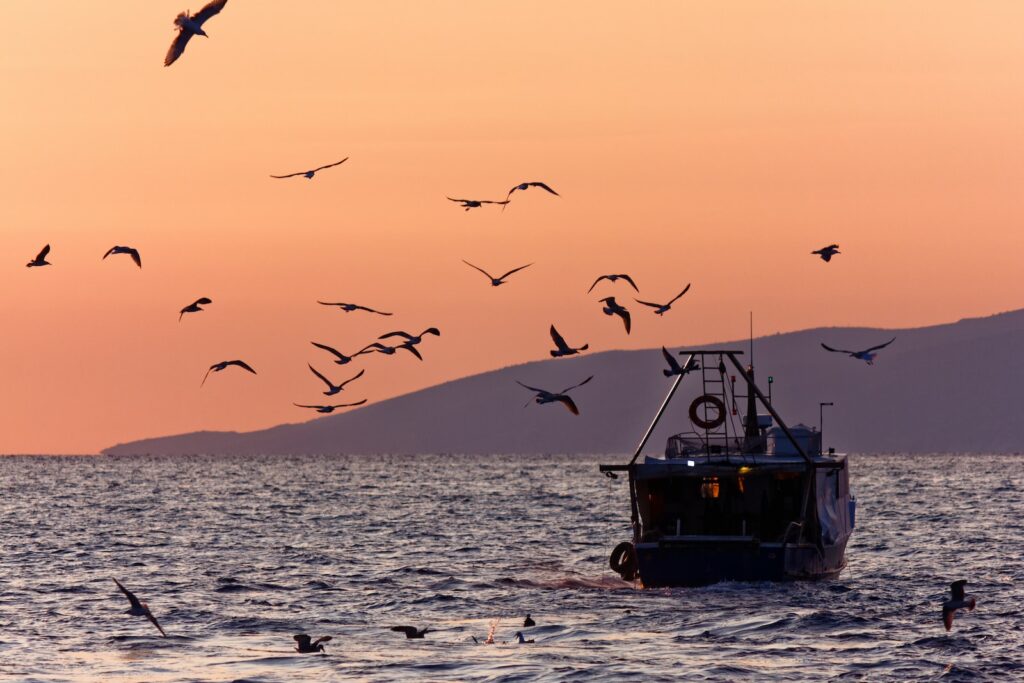EU moves to protect marine ecosystem from deep-sea fishing
The European Commission has announced it will close 87 ‘sensitive zones’ to all forms of deep-sea bottom fishing after the practice has damaged parts of the marine ecosystem.
Vessels equipped with bottom gears, meaning bottom trawls, dredges, bottom-set gill nets, bottom-set longlines, pots and traps.
This accounts for an area the size of 16,419 km² and represents 1.16% of EU waters of the North-East Atlantic.

Virginijus Sinkevičius, Commissioner for the Environment, Oceans and Fisheries, said: ‘Our oceans and fisheries depend on healthy marine ecosystems. By closing 17% of the area between 400-800 meters depth of EU waters of the North-East Atlantic to bottom fishing gears, we are delivering on our commitment to protect and restore marine life and after 4 years we finally implement one of the key provisions of the Deep-Sea Access Regulation. It is our duty to our society, to the future generations and in particular to those whose livelihood depend on marine resources. I am grateful for the commitment and efforts made by the fisheries sector to accompany this new chapter of ocean conservation.’
A World Ocean Assessment by the United Nations in 2015 found that the deep sea is home to the largest number of species and the most diverse ecosystem on earth.
Deep-sea fishing has a devastating impact on this ecosystem, with trawlers causing catastrophic damage to coral and endangered species getting accidentally caught and killed.
In 2016, the EU agreed to ban deep-sea bottom trawling beyond 800m of depth in the north-east Atlantic.
This new from of protection for the deep-sea has come after years of struggle between industrial lobbies, European States and environmental organisations.
Claire Nouvian, founder of the non-profit conservation organisation, Bloom Association, tweeted: ‘The remarkable ecosystems beyond 400 meters deep will FINALLY stop being crushed by huge industrial gear that pulverizes thousand-year-old corals, century-old sponges and sharks, fragile finned “Dumbo” octopuses and myriads of extraordinary species that have been the collateral victims for more than 30 years of the insatiable greed of industrial vessels.
‘It’s a day of BLISS. This act by the Commission has many happy implications: respite, peace, respect for non-human life, a slow shift away from highly destructive and unacceptable fishing methods.’
Photo by Arthur Goldstein












